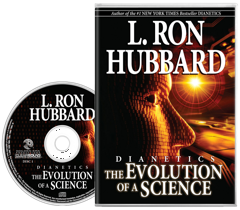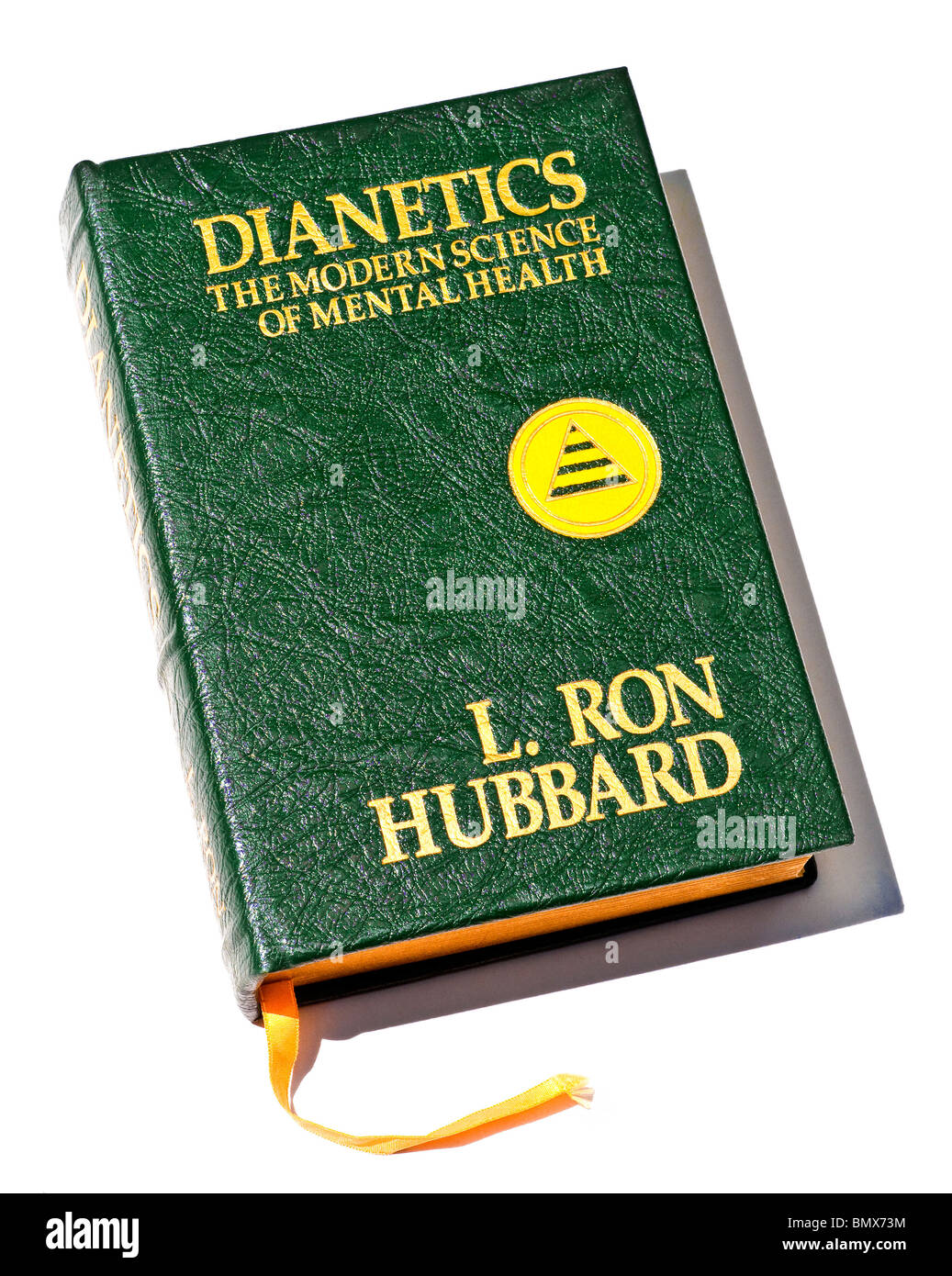Not known Details About Dianetics
Wiki Article
7 Simple Techniques For Dianetics
Table of ContentsThe Ultimate Guide To DianeticsThe 5-Second Trick For DianeticsIndicators on Dianetics You Need To KnowRumored Buzz on Dianetics
I could not ever before not desire to obtain anything that comes to mind for you- if it was or else, I would not be sitting right here with you, doing this. I not only could never ever have a problem, or otherwise wish to hear something that enters your mind for you, yet I'm completely excited to know every concept, every idea, every photo or feeling that arises or manifests for you- don't ever before believe otherwise, and if somehow you do, please simply allow me understand! Occasionally, you might have an idea, and picture, concept or incident appear that does not seem to address the question, or connect to it, yet nonetheless, constantly do inform me about it, and as we continue, the significance will certainly emerge for you.This is inherent in the basis of handling, and the subject of this conversation: the fundamental functions of the counselor and the customer: The basic role of the counselor is, contrary to "conventional training", not to regulate, which means to implement and/or prevent, but to rather work from the basis of EMPOWERING THE CLIENT.

Our Dianetics Statements
John Mcmasters revealed this fundamental truth incredibly well in among his lectures on Power handling, where he describes exactly how he was asked what this "special flair" was that he had for providing such terrific sessions; he had to think about that for a moment, and identified that it was what he had not been doing, along with what he was doing: he wasn't evaluating, judging, computer, or as a matter of fact, generating any kind of ideas, not to mention spoken expressions, after providing the command and while waiting for the PC to complete their response to their complete satisfaction; he was, simply and just, being present with the computer, and entirely interested.The duty of the counselor, demonstrated; that was his "unique flair". I have had my very own experience which showed me this well, very early in the game. In 1982, having recently more info here finished my training and internship on New Age Dianetics, I was running this on a PC, and there was a factor in the session where (being a little bit damp behind the ears not yet having numerous hours under my belt as a professional auditor) the computer appeared to be "taking as well lengthy" to share anything vocally after I gave him a command.
This trick became the most beneficial payment that John ever made to the topic of therapy or auditing (Dianetics). In my simple viewpoint, it is the best contribution that any individual has actually ever made to these subjectsthe application is entirely non-judgemental, non-evaluative, and without any suggestion, advice or opinion.no preconceived agenda for people, or 'degrees' that they should do
In Idenics, the only resource of info concerning a client is the individual client. In Scientology we prided ourselves on not examining for individuals. All that actually implied was that the auditor did not VERBALLY review for the Computer in session. The registrars and values police officers evaluated for the computer.
What Does Dianetics Mean?

Any individual who had actually ever before seen John audit might not aid yet see a distinct quality in his bookkeeping."The customer's fundamental role is to be there with the function of relocating in the direction of their spiritual goals, and to easily and fully share and experience whatever shows up for them in addressing the questions and performing the guidelines in the processing.
This is something to process as needed. However additionally, individuals frequently have prior experience and/or indoctrination in auditing/processing which, in some methods, and to some extent, in fact misinforms them right into attitudes, concepts and habits patterns that see post stop the full awareness of these duties, therefore they will certainly have a tendency to prevent the expressing of what comes to mind, as in the instances offered over. * The first, and probably foremost examples of mis-indoctrination causing much less his response than entirely smooth and reliable sessions, can be discovered in particular elements of the training regimens, or "TR's":"TR's" are frequently a person's initial, or a minimum of early, experience in Scientology, and while I will take place to describe what I view as the flaws in idea and practice, nevertheless, have a tendency to be considerably healing, done as they are offered (Hubbard urges that "TR's are not refining, they are educating", but factually, they are both processing AND training)
There is no "failing", and no rejection of the reality of this being processing. The emphasis, as it must be, is on experiencing the other individual's existence.
Rumored Buzz on Dianetics

Report this wiki page